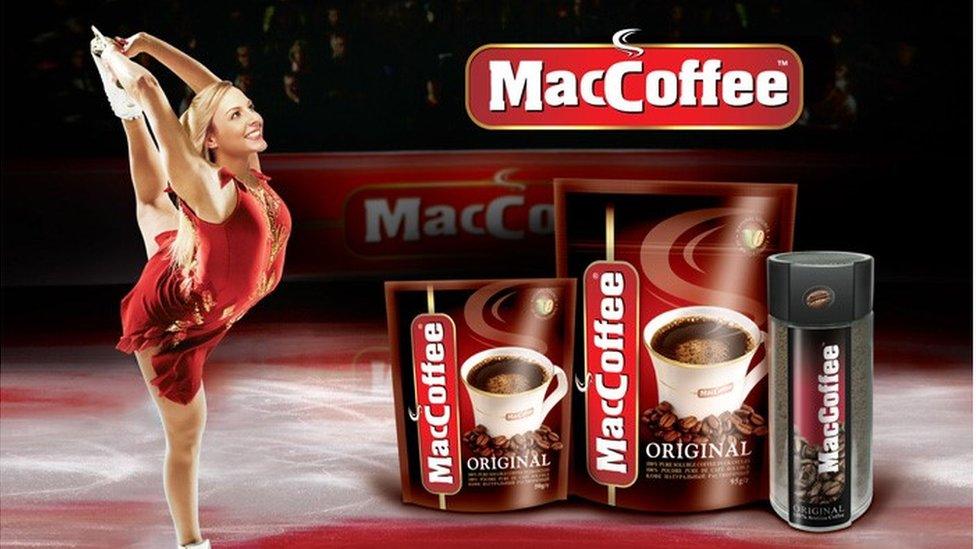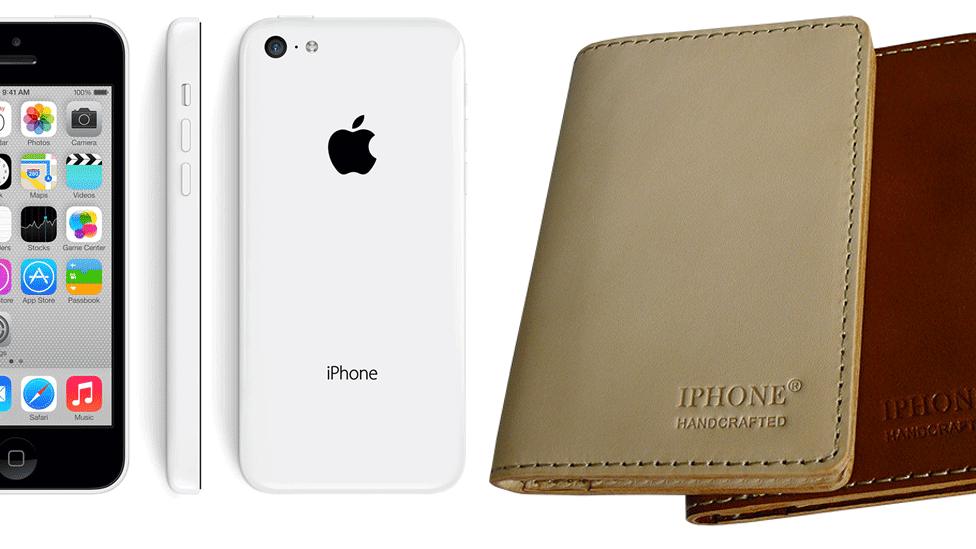McDonald's wins EU 'Mac' ruling
- Published

McDonald's has won a case that could stop another company using the "Mc" or "Mac" prefix on its food and drink.
A European court upheld a 2013 ruling that said the MacCoffee trademark of a Singaporean company, Future Enterprises, was invalid.
It said that MacCoffee unfairly benefited from the branding of the US burger giant.
The move could make it tricky for any other company to use the "Mac" or "Mc" prefix for food or beverages.
The court agreed with McDonald's that MacCoffee's branding would be wrongly linked to that of the US burger giant.
It said the use of the "Mac" by Future Enterprises in its products would "associate that trademark with the McDonald's "Mc" family of trade marks and mentally establish a link between the trade marks at issue".
"It is highly probable that MacCoffee rides on the coat-tails of McDonald's in order to benefit from its power of attraction, its reputation and its prestige, and exploits, without paying any financial compensation," the judgement said.
The judgement said that members of the public could establish a link between the trademarks of the two businesses "and could transfer the image of the McDonald's trademarks to the goods covered by MacCoffee".
'Reflected glory'
The ruling was regarded as positive for McDonald's.
"The court's judgement is very favourable to McDonald's as it's saying that the Singapore company is gaining from its reflected glory," said Chris McLeod, director at the Institute of Trade Mark Attorneys.
The MacCoffee trademark was registered in 2010 by the European Union Intellectual Property Office, but McDonald's applied to have the trademark named invalid on the basis of the similarity to its main EU trademark and 12 other trademarks that McDonald's uses in the jurisdiction.
MacCoffee, external still sells its products in some EU cities, and the judgement does not prevent it from doing so, but the US burger giant may take steps to prevent it doing so, McLeod said.
"They've [successfully] applied to knock it off the register and that opens the door for a claim or request to cease the use of the prefixes."
- Published4 May 2016
